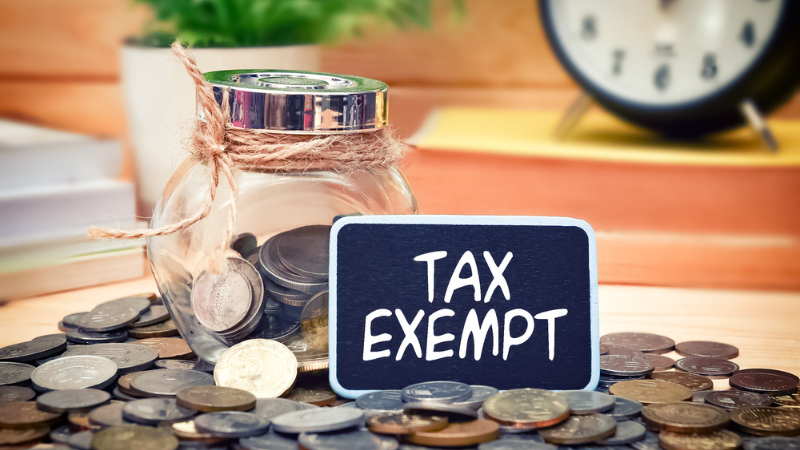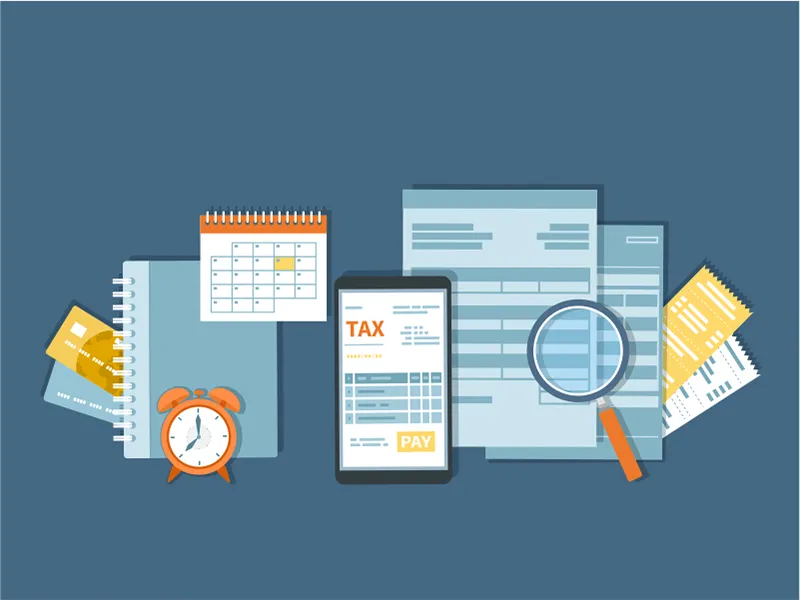
One of the major expenses of living in any city, especially a metro city, is the rent expense. Most individuals end up paying high rents for their accommodation which may drain a significant part of their salary. In order to provide relief from such expenses, most employers provide rent expenses as part of the salary structure. This is known as house rent allowance (HRA) and is provided over and above the basic pay.
Given below are few details related to the HRA and the tax implications of the same
Meaning of HRA
HRA as mentioned above stands for House Rent Allowance. It is the amount paid by the employer to their employees to compensate for the rent expense paid to live near the work premises or in the city of work. Such HRA is taxable at the hands of the taxpayers. However, assessees can claim a partial or whole exemption for the HRA expense under the provisions of section 10 (13A) of the Income Tax Act.
Eligibility for claiming HRA
HRA is the rent allowance paid to the individual taxpayers and hence can be claimed by them. The other eligibility conditions for claiming HRA are,
- The person should be a salaried or self-employed person
- The person should have HRA as part of the salary structure
- The person should be living in rented premises
- Such a person should be able to provide proof of rent paid.
Documents needed for claiming HRA
The exemption under provisions of section 10(13A) for HRA can be claimed by providing the necessary documents as mentioned under this section. Given below is the list of such documents.
- PAN Card details when the rent paid in any financial year is more than Rs. 1,00,000
- Rent receipts paid by the employee
- Name of the tenant
- Name of the landlord
- PAN card of the landlord
- Address of rented accommodation
- Rent agreement on stamp paper
Amount of HRA that can be claimed
There are four major components that are used to compute the exemption under HRA. These components are,
- Basic salary and Dearness Allowance
- Location of the assessee
- Actual rent paid
- HRA portion of the salary
The provisions of section 10(13A) specify the format or the basis of calculation of exemption for HRA. The amount of HRA exemption amount is calculated to be the lower of the following,
- Actual HRA received
- 50% of the Basic Salary and Dearness Allowance for assesses living in a metro city and 40% of Basic Salary and Dearness Allowance for assesses living in a non-metro city
- Actual Rent paid less 10% of the basic salary and dearness allowance.
Related provisions to claim HRA
The basic premise of HRA exemption is to provide relief to salaried employees paying rent on account of their employment. This implies that if the assessee receives HRA as part of their salary but does not pay rent, the entire amount of HRA will be taxable.
However, a self-employed person or a salaried person not receiving HRA can also claim the benefit of rent exemption under section 80GG. The provisions of section 80GG are applicable to
- HUFs
- Self-employed persons
- Salaried persons who do not receive any HRA from their employer.
As per the provisions of section 80GG, the eligible assessees can claim rent exemption in the following manner.
Rent exemption under section 80GG is computed to be lower of,
- Rs. 5000 per month or Rs. 60,000
- 25% of the gross total income
- Actual rent paid less 10% of the gross total income.
Important points to remember to claim rent exemption under section 80GG are,
- Deduction under section 80GG is not available if an exemption is claimed under section 10(13A).
- Eligible assesses cannot claim this exemption if they own a property in the city of residence.
- Eligible assesses will also have to provide a declaration as per Form 10-BA as a self-declaration mentioning that all the underlying conditions for this section are met.
Special cases where HRA can be claimed
Apart from the standard HRA deduction for rent paid for accommodation, there are certain other cases too when the HRA exemption is eligible. Such cases are highlighted below.
- Rent paid to parents
The provisions of this section allow the eligible assesses to claim the benefit of HRA if they are paying rent to their parents. To avail of the benefits under section 80GG or 10(13A) in this case, assesses will have to enter into a rent agreement with their parents and transfer the amount of rent each month.
- Having a residential property but residing in another city
HRA can also be claimed by an assessee having a residential property in a city but residing in another city. The reason in such cases can be the employment of the assessee. Assesses are allowed to claim an exemption under section 10(13A) as well as get benefits of deduction on principal and interest portion of the home loan on such residential property.
It is to be noted that HRA and rent exemption under section 80GG cannot be claimed for rent paid to the spouse or minor children.
Conclusions
HRA is an important component of the salary and also a significant expense borne by taxpayers. Therefore, the provisions of the Income Tax Act provide relief in the form of exemptions under section 10(13A) and section 80GG. Employees can also rearrange their salary components to avail maximum benefit of HRA and eventually reduce their tax liability.
FAQs
1. When is the PAN card of the landlord mandatorily needed?
When the rent amount to be paid is more than Rs. 1,00,000 per month, it is mandatory to provide the PAN card of the landlord.
2. Can both spouses claim HRA?
When both the spouses are paying rent on their accommodation, they can claim HRA while filing tax returns. However, in such cases it is mandatory to produce individual rent receipts. In the case of a single rent payment, dual benefits cannot be claimed.
3. Can HRA be claimed if the employer does not provide the same part of the salary?
Yes. When the employer does not provide HRA as part of the salary, assesses can still claim it while filing their tax. The allowable amount of HRA can be received as a refund from the TDS paid.
4. What is the maximum allowable amount under section 80GG?
The maximum amount allowed as deduction under section 80GG is Rs. 60,000
5. Can the benefit of HRA and deduction of home loan principal as well as interest be claimed simultaneously?
Yes. The provisions of HRA and home loan principal and interest deduction are mutually exclusive and hence can be claimed simultaneously.

























